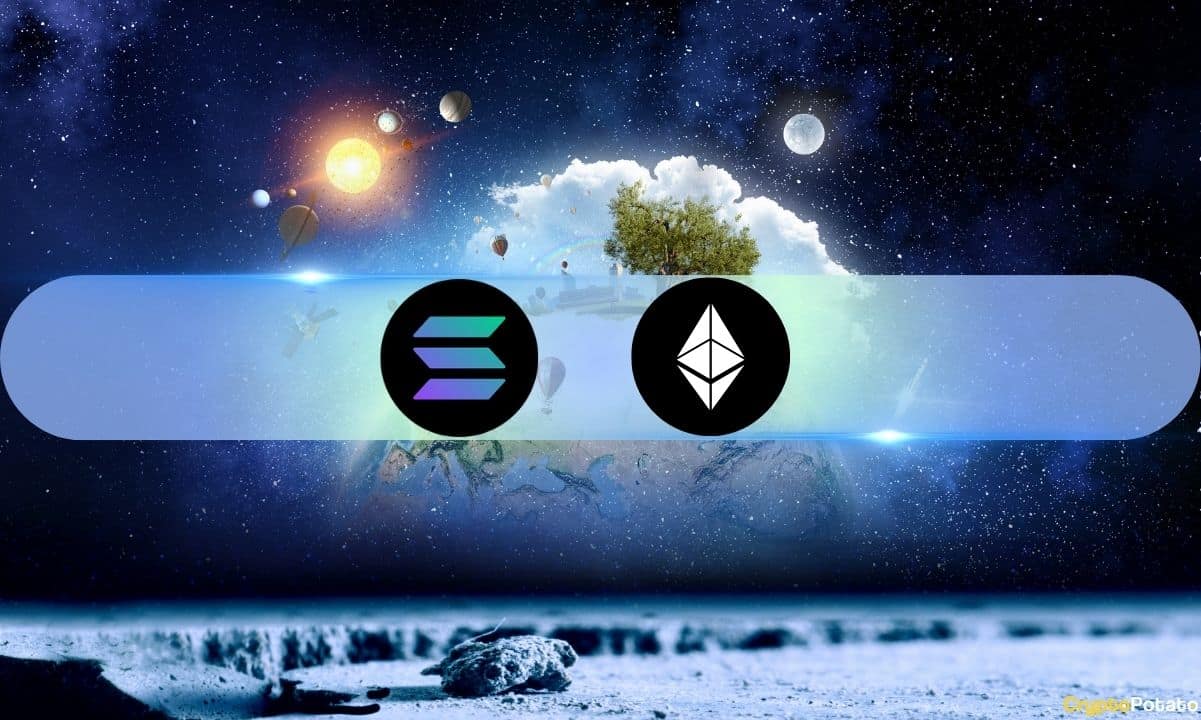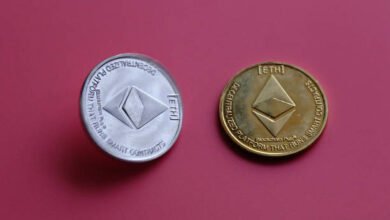Vitalik Buterin and Anatoly Yakovenko Clash Over Ethereum’s Layer-2 Security


Vitalik Buterin and Anatoly Yakovenko debate whether Ethereum’s Layer-2 networks truly ensure security and decentralization.
A public exchange between Ethereum co-founder Vitalik Buterin and Solana co-founder Anatoly Yakovenko has gotten attention in the X crypto community.
The debate centered on the level of security that Ethereum’s Layer 2 (L2) networks offer.
Security and Centralization Risks
Buterin recently defended Ethereum’s L2 architecture on X, saying that even if 51% of validators collude or suffer a software bug, they cannot steal user assets. However, he acknowledged that there are limitations if the validator set is trusted with tasks outside the chain’s control. He explained that in such a scenario, more than half of them could then collude and provide a false answer with no recourse.
Yakovenko challenged this view, arguing that the claim that L2s inherit Ethereum’s security is incorrect. “The promise of L2s != the reality of L2s,” he wrote. He pointed out that five years into the L2 roadmap, Wormhole ETH on Solana faces the same worst-case risks as ETH on Base while generating comparable revenue for ETH L1 stakers.
The Solana co-founder suggested that there is an inherent flaw in the networks that makes achieving the desired security difficult. He highlighted several major issues with how L2s function today. Their complex codebases create broad attack surfaces that are difficult to audit thoroughly.
Multisig custody setups can also allow funds to be moved without user approval when signers collude or are compromised. Additionally, off-chain execution systems concentrate too much control in a few hands, undermining the decentralization that blockchain is meant to uphold.
Yakovenko Proposes Ethereum as a Solana Layer-2
Yakovenko has proposed creating a dedicated bridge that would let Ethereum operate as a layer-2 on Solana to enable smooth asset movement between the two. He noted that this approach would not require any changes to the blockchain itself, and as zero-knowledge proving on the chain continues to evolve, the process will become even easier.
You may also like:
Ethereum currently supports more than one million active validators, far exceeding Solana’s estimated 2,000. Supporters like crypto lawyer Gabriel Shapiro believe that this wide validator base strengthens protection against coordinated attacks.
He explained that many critics either misunderstand or intentionally ignore that L2s are not simple servers running a blockchain. Since they are linked to Ethereum, specific transactions can be enforced within blocks, meaning decentralization on their level is unnecessary because the network itself provides that security.
Binance Free $600 (CryptoPotato Exclusive): Use this link to register a new account and receive $600 exclusive welcome offer on Binance (full details).
LIMITED OFFER for CryptoPotato readers at Bybit: Use this link to register and open a $500 FREE position on any coin!
Source link

